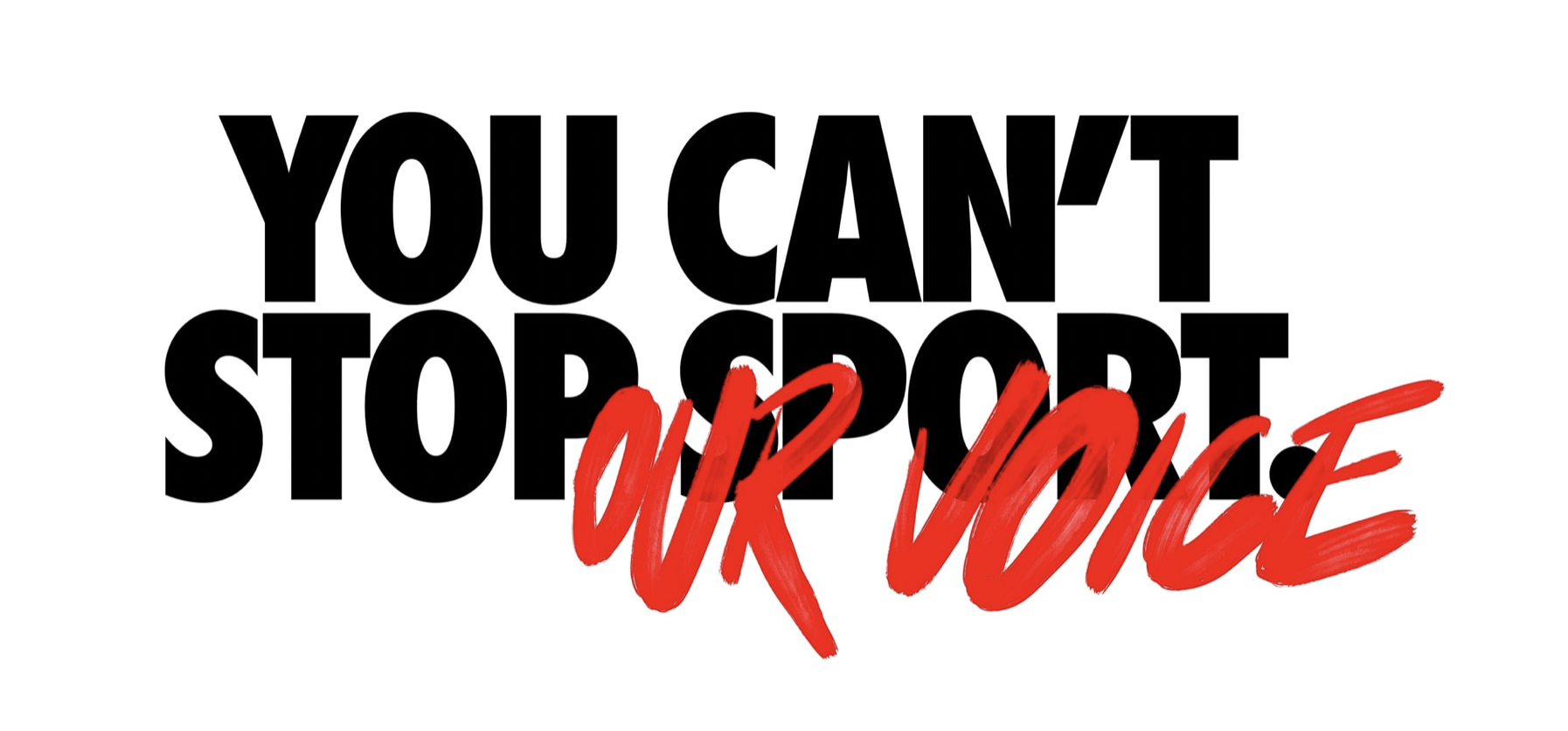Here’s your extra-large pizza. Would you like a side of checking your voting status to go with that? The pushes to register and to vote have become almost inescapable.
You can’t order an Uber ride without being told you’d save money on trips to and from poll sites come Election Day. You can’t browse for shoes on the Nike website without seeing information blocks of why it is important for people to vote. You can’t open Facebook or Instagram without first being notified of the location of your nearest poll site.
Nike teams up with Time To Vote in an attempt to increase voter participation this doesn’t seem surprising to you, it’s probably because something similar has happened to you. Reminders to register to vote used to only come from where you’d expect them to local officials, state- and federal-level candidates, and political organizations. But more recently, brands have gotten more involved in nudging their own customers to check their voter registration and have their voices heard.
Buying Beliefs
It’s not enough to simply buy a product now. Consumers want the brand they’re purchasing from to stand for something, especially when it comes to taking a stance on social issues that align with the consumer’s values. According to an Edelman Earned Brand study done in 2018 (aptly named “Two-Thirds of Consumers Worldwide Now Buy on Beliefs”), statistics found 64% of consumers want brands to take a side on political and social issues, and are willing to buy or boycott specific brands based solely off those stances.
Over half of the consumers in the study believed that brands have more power to affect and address societal change than the government. With 2020 being a major election year with a spotlight on racial injustice on top of hosting a global pandemic, it is imperative to get people involved in positive change.
This year, millennials are estimated to make up about half the workforce, so brands are increasingly working on their listening skills to see what young people are fired up about. After all, it is this particular generation that is pushing brands to stop standing on the sidelines and start engaging socially and politically.

Talk the Talk
Although young people make up about half the workforce now, voter turnout within that demographic has been dismal. In the 2016 presidential election, less than half of Americans aged 18 to 29 voted. This is a problem because the best way to make change is to elect people who will push for that change. Brands are trying to shift this dynamic for better results for this year’s presidential election, and most are doing so by attempting to speak the language of the millennials. If millennials are known for anything, it’s for their rampant use of social media and the internet to do almost everything.
As mentioned previously, Facebook, Instagram, Uber, and Nike have slid not-so-subtle ways to push young people to vote. TikTok, an app for short videos, launched an election guide for the US that included how to register to vote and information on the upcoming election. Millennials are also known for taking photos of merchandise they deem novel or unexpected. Patagonia, a brand that sells outdoor clothing, placed tags in their latest line of shorts for women and men that read “Vote the assholes out”, alluding to their stance on climate change. When brands have core beliefs and missions to make a positive societal change, there will always be ways to use the skills available to them to connect with consumers to encourage them to take action.
We can help your company during this unprecedented time, by bringing your core beliefs front and center. If you’d like to learn more about Oak Theory can help you bring a personal approach to marketing, check out our webinar here.

